-
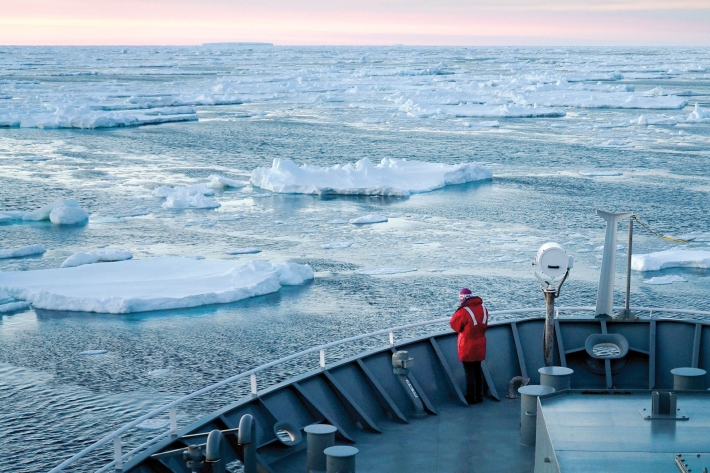
Scientists voyage into the Antarctic unknown
Media release07 January 2019A group of intrepid scientists leaves Wellington for Antarctica this week on board NIWA’s research vessel Tangaroa for what their leader calls “a voyage of discovery”.
Ross Sea Environment and Ecosystem Voyage 2019 -

Can a leopard seal change its spots?
Feature story03 January 2019A leopard seal, who has made the balmy waters around Auckland home, is prompting a NIWA scientist to campaign for her to be made a New Zealand citizen. -

Underwater magician
Feature story28 December 2018Based at Bream Bay, Whangarei, Crispin Middleton is also an acclaimed underwater photographer and the recipient of numerous photography awards. His work regularly appears in New Zealand Geographic, dive magazines, scientific journals and conservation/ government documents. -

NIWA scientist throws light on the Red Zone
Feature story21 December 2018Christchurch’s Red Zone is to be the focal point of a scientific experiment involving street lights and insects over summer. -
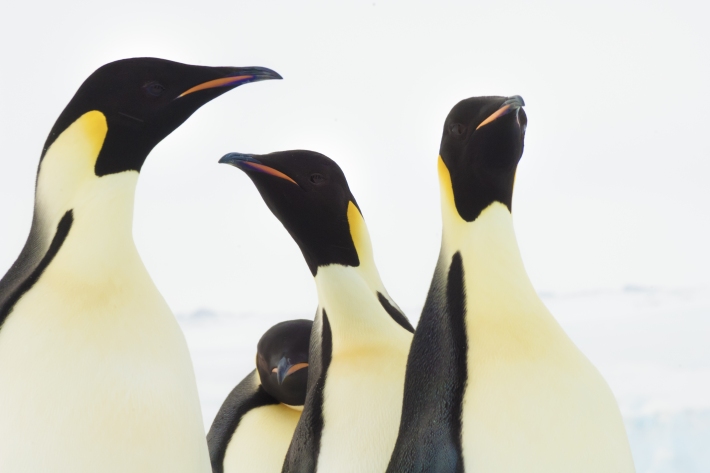
Ross Sea Environment and Ecosystem Voyage 2019
Research ProjectThe Ross Sea region is vital to the future of the Antarctic ecosystem. -
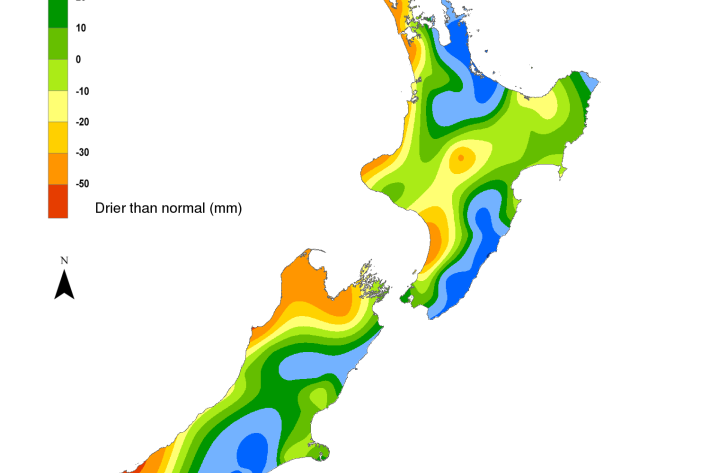
NIWA's Hotspot Watch for 19 December 2018
Hotspot19 December 2018Across the North Island, soil moisture levels either decreased slightly or remained the same during the past week. Across the South Island, soil moisture remained near normal or above normal in the central and eastern part of the island during the past week while areas in the west have near normal or below normal soil moisture. -
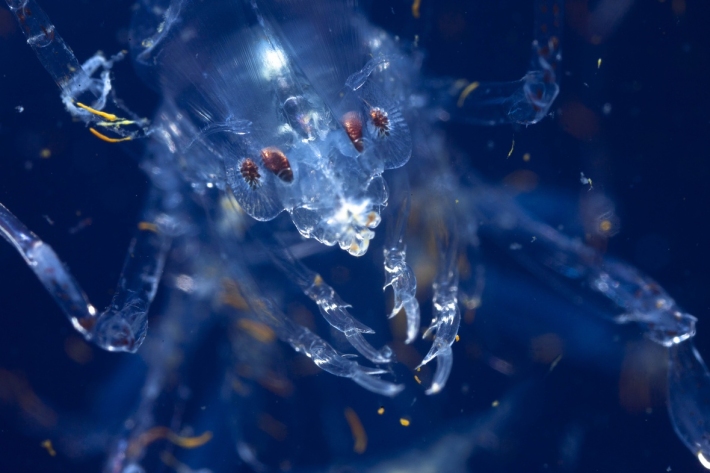
2018 - Salp bloom effects on the carbon cycle and marine food web
The RV Tangaroa is working across the Chatham Rise and the east coast of the South Island Oct/Nov 2018. The TAN1810 voyage will focus on the special role salps play in carbon cycling, and where they fit in marine food webs off the New Zealand coast. -
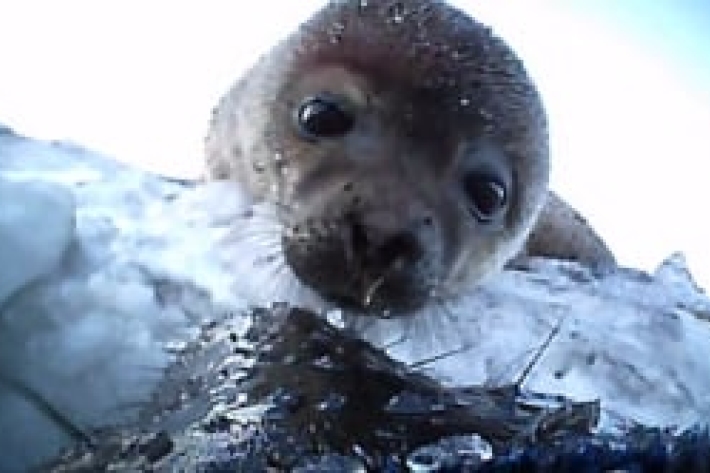
Seal-mounted cameras give scientists a glimpse of life under the ice
A NIWA-led team of marine ecologists are using seal-mounted cameras to get a first-hand view into the behaviour and movements of Weddell seals under the Antarctic ice. -

Seal-mounted cameras give scientists a glimpse of life under the ice
Feature story19 December 2018A NIWA-led team of marine ecologists are using seal-mounted cameras to get a first-hand view into the behaviour and movements of Weddell seals under the Antarctic ice. -

Scientific muscle meets freshwater mussels
Feature story19 December 2018NIWA scientists have made an important breakthrough in the battle to save New Zealand’s freshwater mussels.


